Hong Kong's first national-level marine laboratory, the State Key Laboratory of Marine Pollution, was established at City University of Hong Kong in 2010. A branch of the laboratory was also opened at Education University of Hong Kong in 2018.
In 2019, Cheng's institution opened and studied the ecosystem and ecological safety in the South China Sea, including the Greater Bay Area, and new technologies for mining biological and microbiological resources in the region.
Over the past three years, dozens of researchers from HKUST and other local institutions have been recommended by Cheng's institution to take part in four state-funded expeditions in the South China Sea and the Pearl River estuary. Such an opportunity, which occurs once a year on average, allows more Hong Kong researchers, especially the younger generation, to gain first-hand experience and an insight to marine science.
Last summer, Frances Xiao Yao, 26, who is studying marine environmental science at HKUST, boarded a research vessel bound for the South China Sea. Before studying in Hong Kong, Xiao completed her undergraduate education in marine science on the mainland, but had yet to join an ocean expedition. The journey proved to be an eyeopener for the young scientist.
"Through the ROV's cameras, I saw the real deep-sea environment and the way in which samples were collected. The trip gave me a deeper understanding of the complexity of this environment," she said.
Taking part in these programs gives Hong Kong oceanographers a rare opportunity for face-to-face communication with their mainland counterparts, as most cross-border exchanges over the past two years have taken place virtually due to the COVID-19 pandemic.
Cheng said: "It was a great experience to work with and learn from researchers from different institutions. Some of them may have the chance to become our potential partners."
Qian, who is also a chair professor at the Department of Ocean Science at HKUST, said more cross-border collaboration would help Hong Kong marine scientists tap the nation's top scientific resources.
It costs hundreds of millions of yuan to build an oceanographic survey vessel, which no local institution can afford, Qian said, adding that mainland institutions also have advanced equipment that is not available in Hong Kong.
After returning to the city in mid-June, Cheng sent the samples she collected from the South China Sea to a laboratory in Beijing for genetic sequencing. Although she is still awaiting the results, she believes they could help her carry out further research.
As more scientists from Hong Kong become involved in national programs, the local marine research laboratory branch has enhanced cross-border collaboration by inviting more mainland and overseas scholars to join its work. The branch now has a total of 98 oceanographers from Hong Kong, the mainland and overseas countries as members.
The branch was established as Hong Kong's innovative and technological ambitions were backed by strong support at national level.
In June 2017, in a joint letter to President Xi Jinping, 24 Hong Kong academicians from the Chinese Academy of Sciences and the Chinese Academy of Engineering said they wanted to contribute to the nation's scientific and technological development. Xi attached great importance to their wish, and issued instructions to promote scientific cooperation between the mainland and Hong Kong.








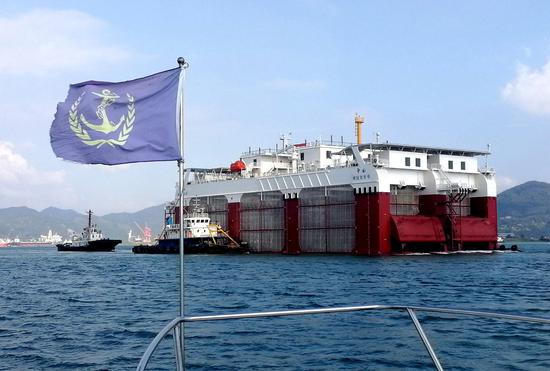
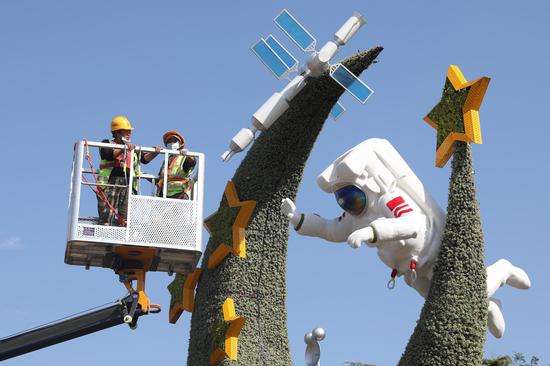
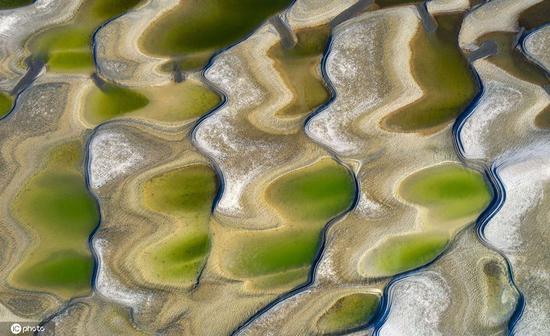
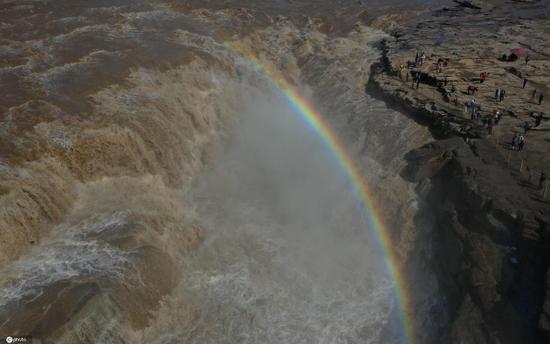
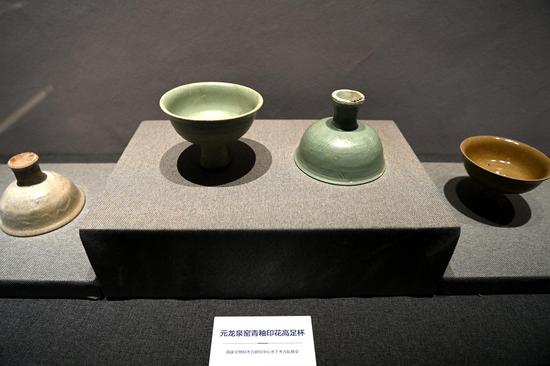
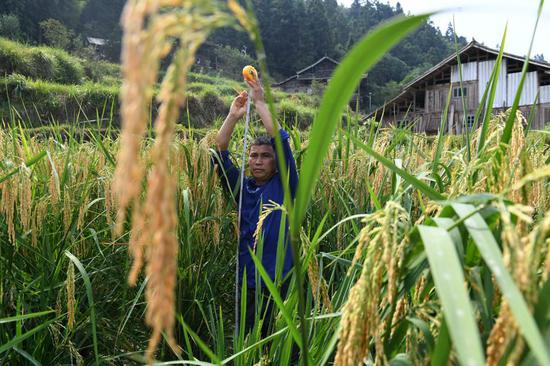


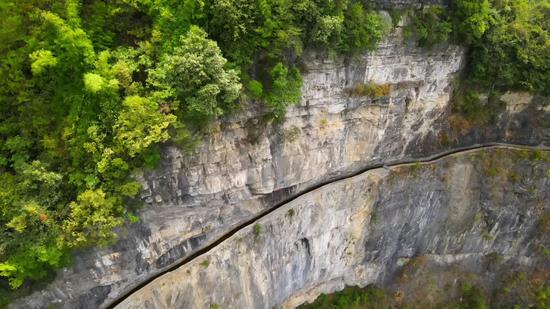
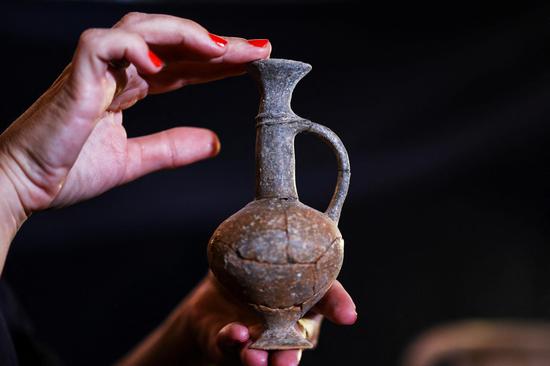

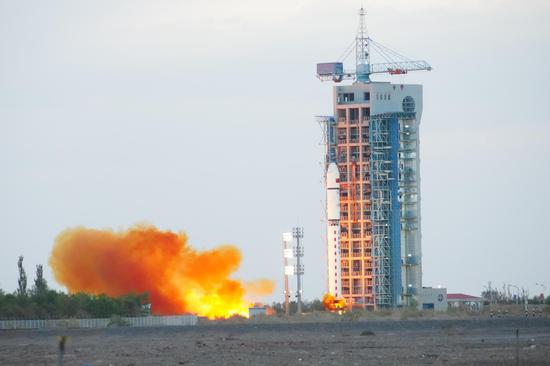


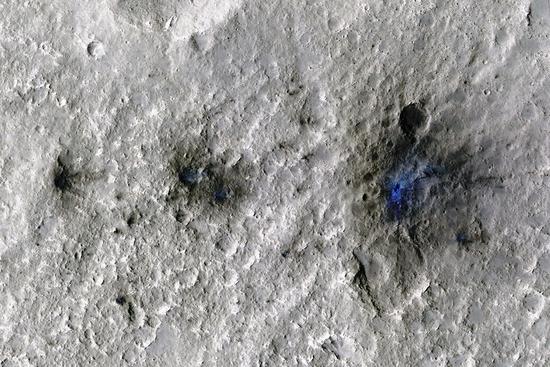
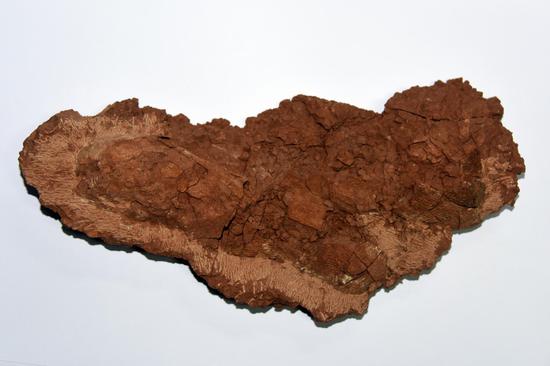
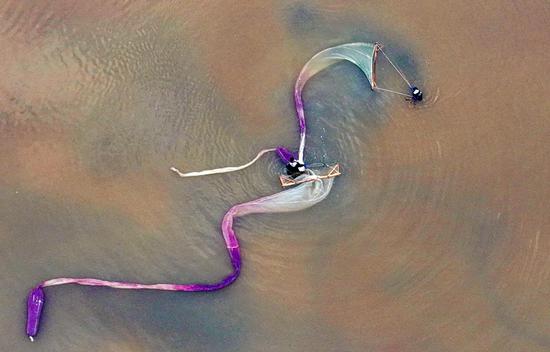
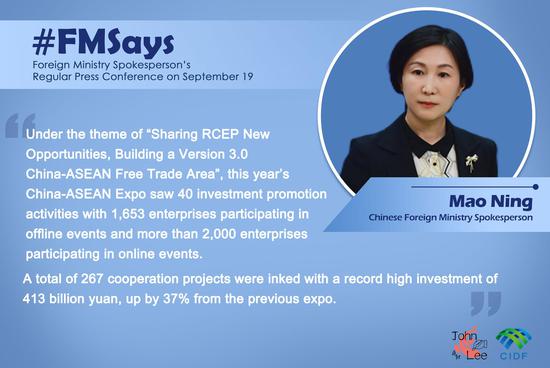
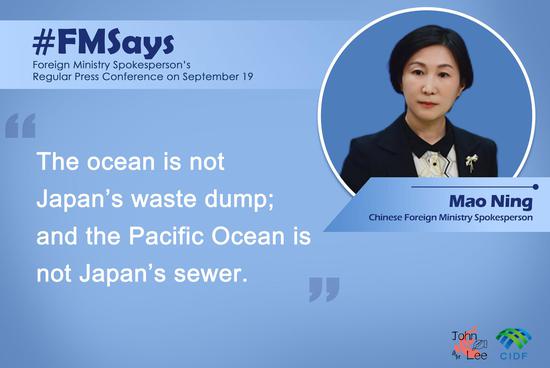
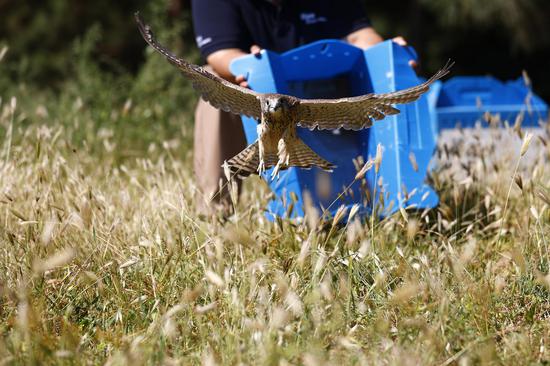

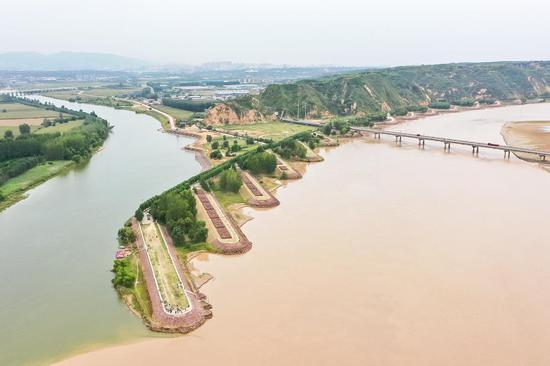


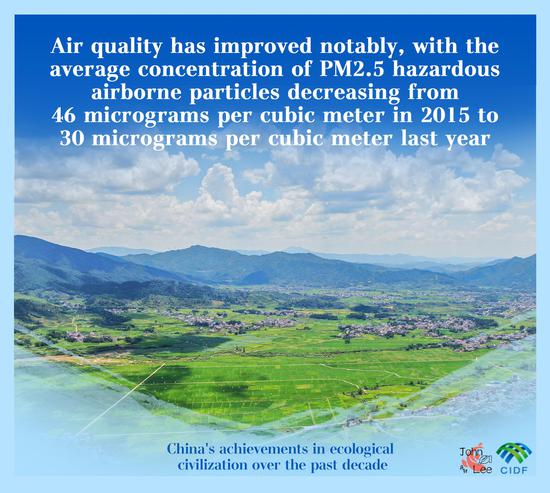
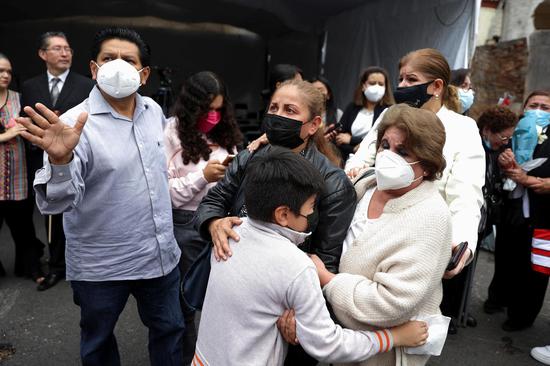

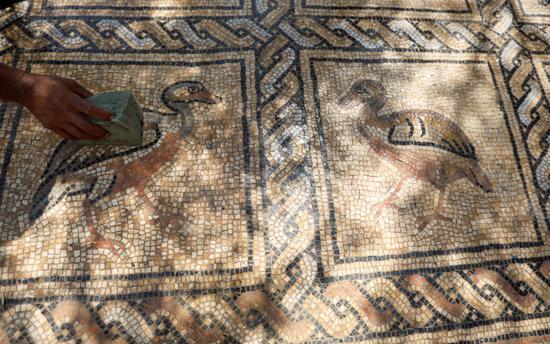
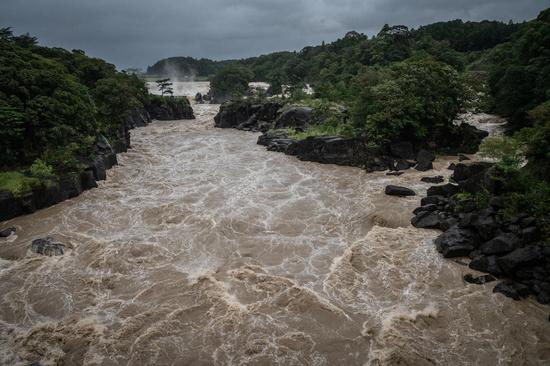



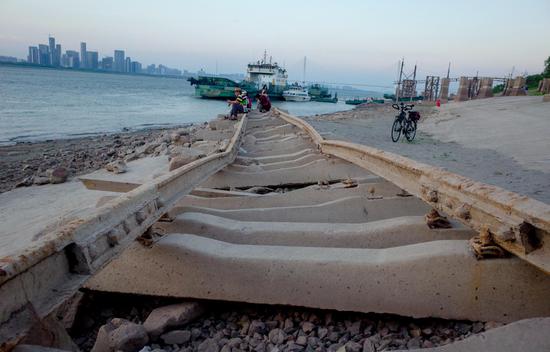
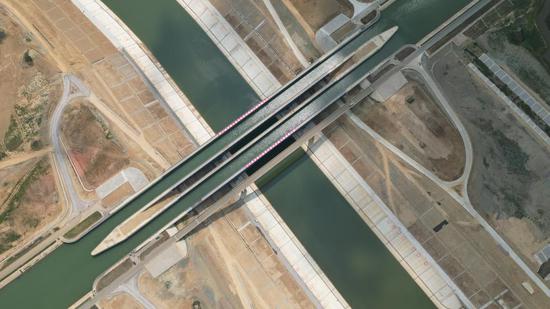
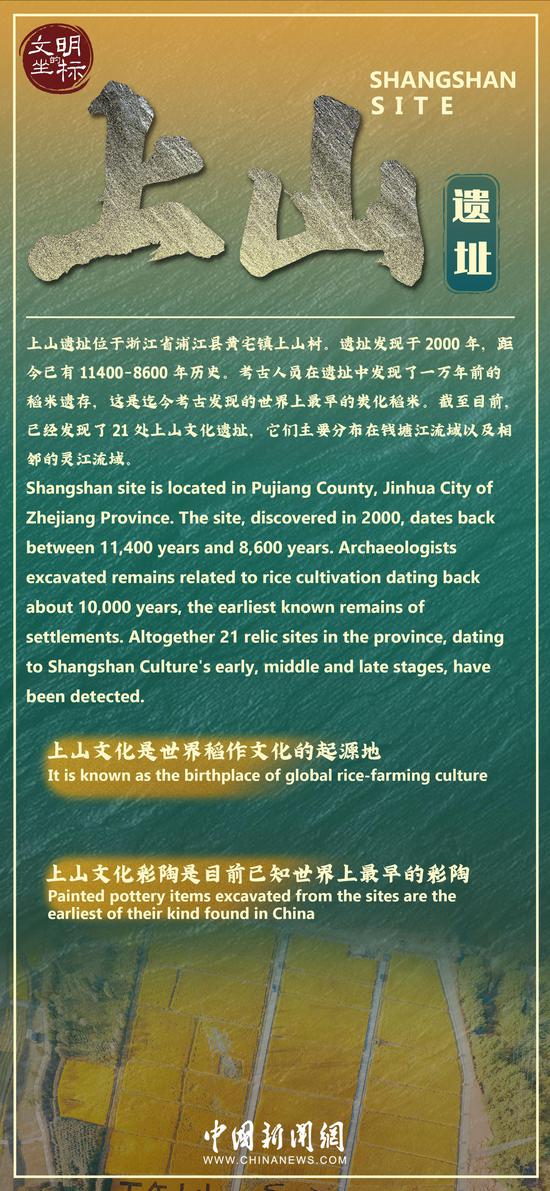
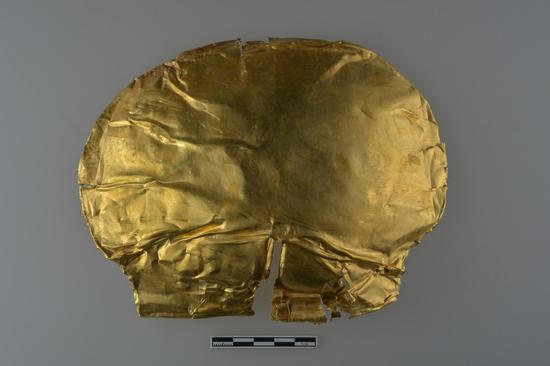
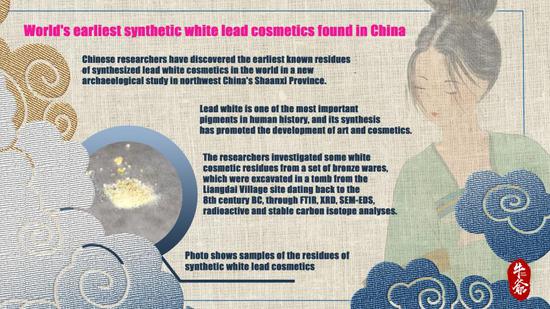





 京公网安备 11010202009201号
京公网安备 11010202009201号